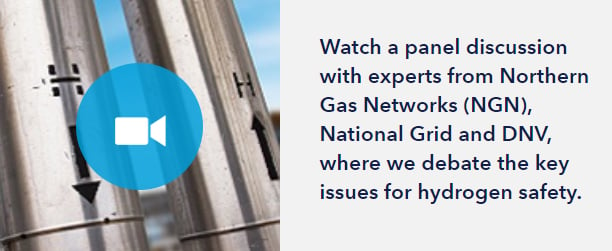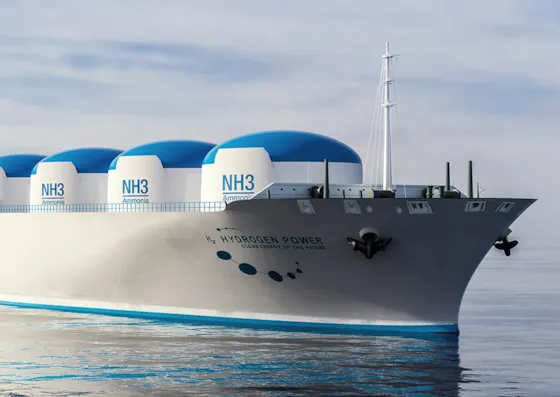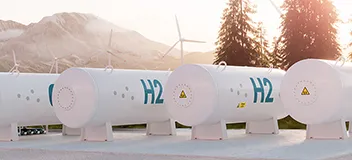Proving the safety case for hydrogen
The scale of the future hydrogen society will be determined by success in managing safety
Our research
Download DNV technical and market reports related to hydrogen
Hydrogen Forecast to 2050
Get insights into factors crucial to scaling hydrogen, including policy, regulations, safety, and investment.
Repurposing onshore pipelines for hydrogen: Guiding operators through the re-evaluation process
Repurposing pipelines is essential to scaling hydrogen. How can it be done in practice?
Rising to the challenge of hydrogen economy
The outlook for emerging hydrogen value chains, from production to consumption
Blue Hydrogen in a Low-Carbon Energy Future
In this brief we explore the greenhouse gas footprint of different blue hydrogen processes and supply chains
Hydrogen as an energy carrier
Forecasts decarbonization driving significantly greater use of hydrogen for energy by 2050
Hydrogen – Decarbonizing heat
The benefits and challenges of hydrogen in decarbonizing
Related articles
Heating homes with hydrogen: proving the safety case
DNV’s HyStreet infrastructure is proving vital to the necessary safety tests, as part of the H21 project led by Northern Gas Networks and the UK Government’s Hy4Heat programme
Testing paves the way for hydrogen use in homes
Consumers and appliance makers will benefit from DNV tests to make hydrogen reliable and safe for heating and cooking






